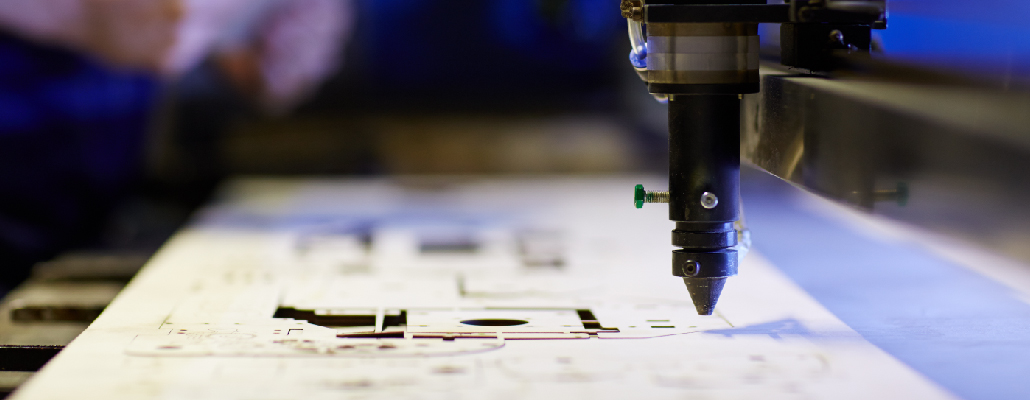Bachelor of Engineering in Materials Engineering
Faculty of Engineering

Overview
Our curriculum focuses on learning the fundamentals of materials including their structures, processing, synthesis, design, and characterizations. We are driving towards more functional and sustainable materials. Materials Engineering curriculum provides hands-on graduates specialized in polymers, plastics, and composites engineering. We emphasize on study of polymer properties and synthesis, rubber engineering, biopolymers, and composites. The courses provide understanding of underlying engineering principles of synthesis, processing, properties, and characterization of polymers and composite materials, as well as their applications. By incorporating the corresponding relationships between these principles and practical experiences, analytical designs and operational skills can be excelled for all current and future technologies.Our undergraduate program provides 3 different concentrations. First, Plastic Industry Engineering specialized on design and processing production, analyzing, and simulating the control system of the plastics and composites. Especially, the program also focuses on considering the environmental friendly factors including biodegradables and waste managements. Second concentration is Polymer Engineering. This track focuses on designing, processing, testing, and quality control of rubber products. It also includes designing and developing bio-based polymer synthesis and productions. Third, Composite Engineering emphasizes on productions of environmental-friendly composites including mold production, designing and processing of composite materials.
Duration of Course 4 years
Language of Instruction: Thai
Entry requirements:
Prospective students are required to fulfill the university prerequisite according to their scholarship types (1-3). In addition, the incoming students are preferred to have remarkable performance in science and math courses in the prior education or vocational experiences in the related fields (required certification)Course Content
Total of Credit 148 CreditsProgram Structure
1. General Education Course 30 Credits
General Education Course 30 Credits
2. Specialized Course 112 Credits
| 2.1 | Basic Profession Course | 53 Credits |
| 2.2 | Major Required Course | 34 Credits |
| 2.3 | Major Elective Course | 18 Credits |
| 2.4 | Enhance Professional Experience | 7 Credits |
3. Free Elective Course 6 Credit
Free Elective Course 6 Credit
Subject
The undergraduate courses include, but not limit to, organic chemistry, polymer engineering, rubber engineering, petrochemical industry, fundamentals of polymer rheology, polymer processing, polymer testing, polymerization reactor and control, latex technology, drawing and design, polymer additives, production planning and control.
